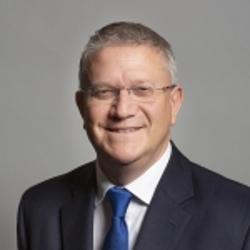Education: Hearing Impaired
(asked on 13th May 2021) - View SourceQuestion to the Department for Education:
To ask the Secretary of State for Education, what steps he is taking to help ensure that deaf children in education have access to fully qualified language and communication support professionals.
I am determined that all children and young people, including those who are deaf or have a hearing impairment, receive the support they need to succeed in their education.
Local authorities and schools are expected to commission appropriately qualified staff to meet local needs. The government have increased high needs funding for children and young people with the most complex special educational needs and disabilities (SEND), from £5 billion in 2013 to over £8 billion this year.
Children with sensory impairments in special schools, resourced provision or specialist units should have access to specialist provision to meet their needs. Those teaching classes of children with sensory impairment must hold an appropriate qualification, approved by my right hon. Friend, the Secretary of State. Teachers working in an advisory role to support such pupils should also hold the appropriate qualification.
Similarly, all mainstream schools should be able to access specialist teaching where this is considered necessary to particular children’s progress, as well as specialist advice for their own teachers. To complement this, we have provided funding of over £8 million to the Whole School SEND Consortium since 2018, through our contract with nasen. It aims to equip the school workforce, particularly in mainstream settings, to deliver high quality teaching to children and young people with SEND. This includes children with hearing impairments as their primary need. The National Sensory Impairment Partnership are part of the Consortium.

